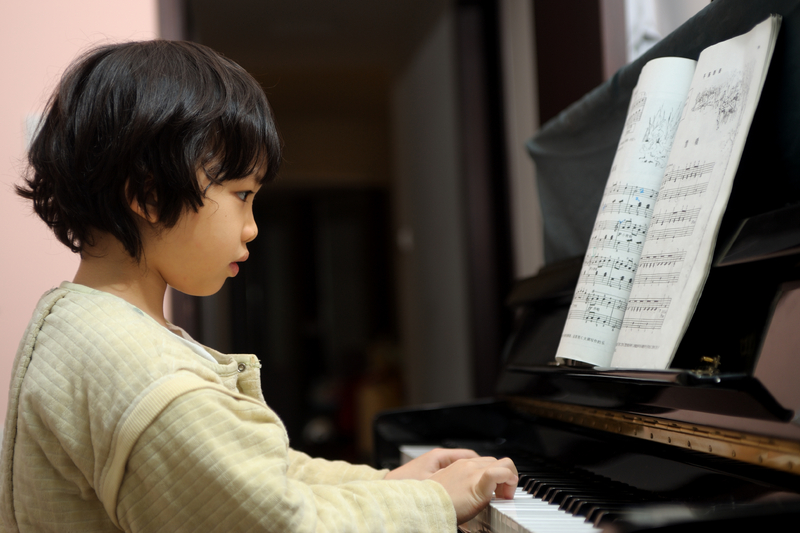Kids' Music Lessons Have Lasting Brain Benefits

Get the world’s most fascinating discoveries delivered straight to your inbox.
You are now subscribed
Your newsletter sign-up was successful
Want to add more newsletters?

Delivered Daily
Daily Newsletter
Sign up for the latest discoveries, groundbreaking research and fascinating breakthroughs that impact you and the wider world direct to your inbox.

Once a week
Life's Little Mysteries
Feed your curiosity with an exclusive mystery every week, solved with science and delivered direct to your inbox before it's seen anywhere else.

Once a week
How It Works
Sign up to our free science & technology newsletter for your weekly fix of fascinating articles, quick quizzes, amazing images, and more

Delivered daily
Space.com Newsletter
Breaking space news, the latest updates on rocket launches, skywatching events and more!

Once a month
Watch This Space
Sign up to our monthly entertainment newsletter to keep up with all our coverage of the latest sci-fi and space movies, tv shows, games and books.

Once a week
Night Sky This Week
Discover this week's must-see night sky events, moon phases, and stunning astrophotos. Sign up for our skywatching newsletter and explore the universe with us!
Join the club
Get full access to premium articles, exclusive features and a growing list of member rewards.
Even if you stopped going to piano lessons after middle school and no longer remember how to play Für Elise, your brain might be reaping the benefits of that early instruction. New research suggests just a few years of musical training in childhood could improve how the brain processes sound in adulthood, leading to better listening and learning skills.
The Northwestern University study, published today (Aug. 22) in the journal Neuroscience, focused on what happens after a person puts down an instrument following just a few years of training, a common childhood experience. The study was small but builds on previous research that found older adults with musical experience perform better on some cognitive tests than those who had never studied music.
Forty-five young adults participated in the experiment and were separated into three groups: no musical instruction, one to 5 years of instruction and six to 11 years of training. (Both musically trained groups started learning an instrument at about age 9.) The researchers measured the subjects' electrical signals from the auditory brainstem as they listened to different sounds. Both musically trained groups had enhanced neural responses to complex sounds compared with their peers with no musical training as kids, according to a statement from Northwestern.
"Based on what we already know about the ways that music helps shape the brain, the study suggests that short-term music lessons may enhance lifelong listening and learning," study researcher Nina Kraus, director of Northwestern's Auditory Neuroscience Laboratory, said in the statement.
Previous research on musicians showed that enhanced brain responses to sound are associated with sharpened auditory perception and auditory communication skills.
"From this earlier research, we infer that a few years of music lessons also confer advantages in how one perceives and attends to sounds in everyday communication situations, such as noisy restaurants or rides on the 'L,'" Kraus said, referring to Chicago's public transit system.
Follow LiveScience on Twitter @livescience. We're also on Facebook & Google+.
Get the world’s most fascinating discoveries delivered straight to your inbox.

 Live Science Plus
Live Science Plus










